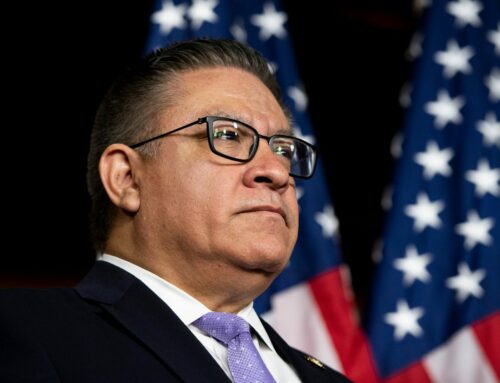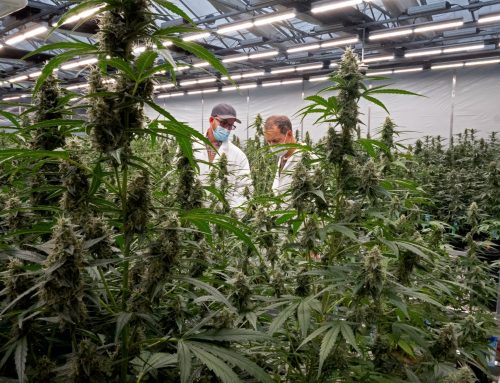Canadian Cannabis Companies Rethink U.S. Hemp Market Strategy
NEW YORK– Canadian cannabis titans have long eyed the American hemp-derived CBD market as a golden opportunity, particularly following the legalization of low-THC hemp in the 2018 U.S. Farm Bill. But as enthusiasm for cannabis investments wanes, several of Canada’s leading cannabis firms are retreating from their American hemp CBD endeavors.
The Initial U.S. Foray: Back when optimism in the cannabis sector was at its peak:
- Canopy Growth Corp. had plans for a $150 million industrial park in Kirkwood, New York, focusing on hemp products.
- Aurora Cannabis purchased Reliva, a Massachusetts-based hemp CBD producer, in a deal valued at $40 million.
- Cronos Group invested heavily in the Lord Jones hemp CBD brand.
All these investments were geared towards capturing a piece of the burgeoning hemp-derived product market in the U.S., believed to be worth billions.
Changing Tides: However, several events have caused a shift in this initial enthusiasm:
- Canopy, facing an overproduction of hemp, stopped its farming activities in New York and shelved the Kirkwood project.
- Cronos Group, in a surprising move, announced its exit from the U.S. hemp CBD market.
- Aurora closed down Reliva, and Florida’s Green Roads, once acquired by The Valens Co., filed for bankruptcy.
The reasons for this retreat are multifaceted:
- Market Lull: Contrary to the initial enthusiasm, the American hemp-derived CBD market has been facing stagnation. The U.S. CBD market, after peaking at $4.7 billion in 2021, saw a reduction to $4.4 billion in 2022, with a further decline expected.
- Regulatory Uncertainty: The U.S. government has been in a deadlock over CBD product regulations, causing investor hesitance.
- Financial Strain: As the capital-intensive cannabis industry faces financial constraints, there’s a push towards shedding unprofitable ventures. Cronos, for instance, withdrew from the U.S. hemp market to improve cash flow and prepare for a potential U.S. THC market opening.
- State-Level Risks: In the absence of federal guidance, shifting state regulations have also contributed to the uncertainty in the hemp CBD market.
The Road Ahead: Despite this pullback, not all Canadian firms have exited the U.S. market. Canopy Growth continues its sales of certain CBD products, and Tilray Brands, with its subsidiary Manitoba Harvest, remains active, although its focus leans more towards hemp foods than CBD products.
Economist Beau Whitney points to an emerging business model trend, where companies are transitioning towards an “asset-light model” with third-party sourcing, akin to ketchup giants like Heinz, who outsource production but focus on branding and selling. This shift is away from vertical integration towards branding, outsourcing, and contract-manufacturing.
Brightfield Group’s Bethany Gomez suggests that the retreat of major players might actually open up opportunities for others, as hemp CBD assets are currently available at significantly reduced valuations. This might signal a chance for opportunistic investors looking for distressed assets at a bargain.
As the dynamics of the hemp CBD market continue to evolve, it remains to be seen how Canadian and other global cannabis players recalibrate their strategies to make the most of this ever-changing landscape.



































